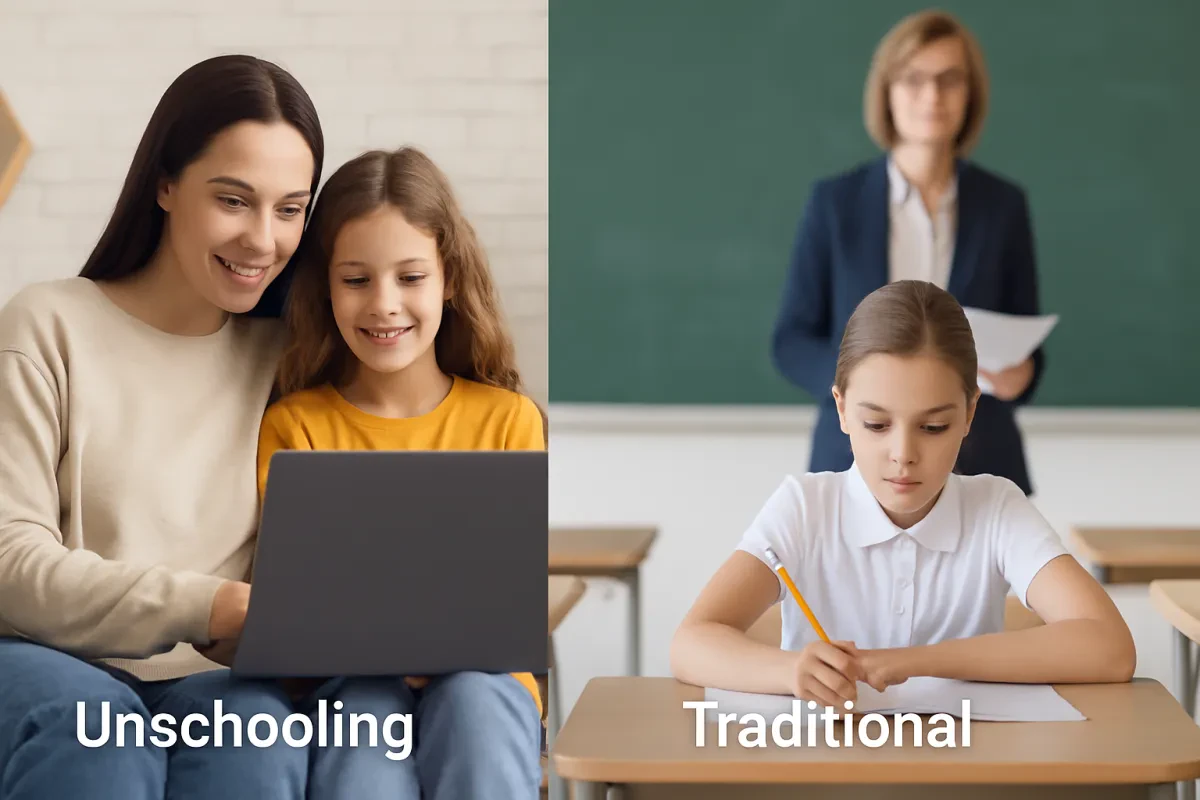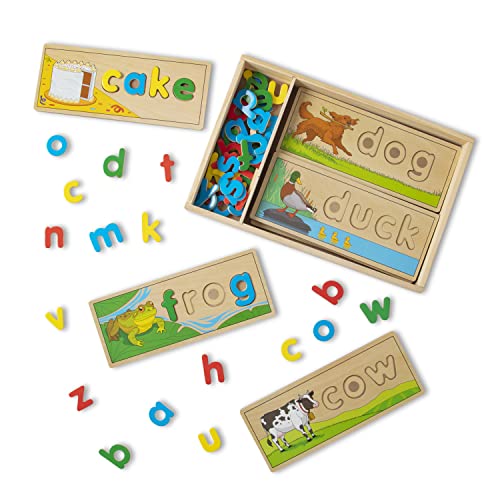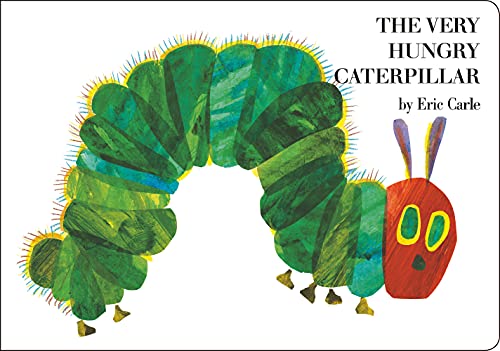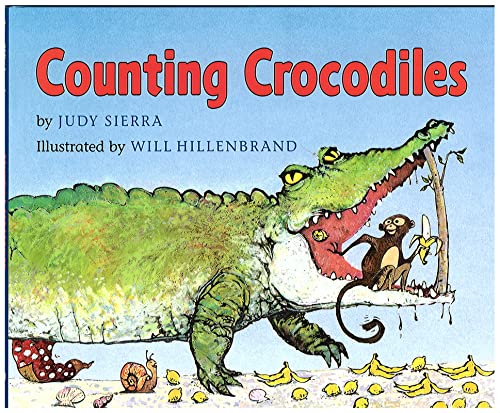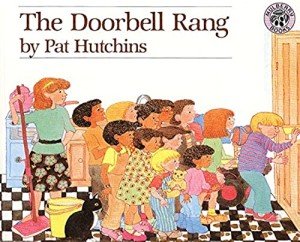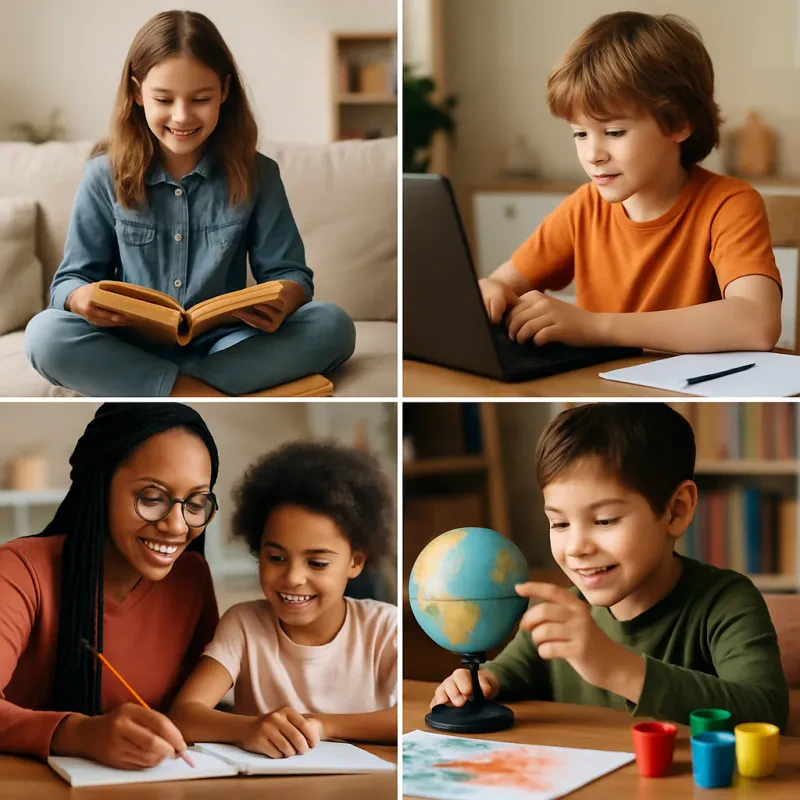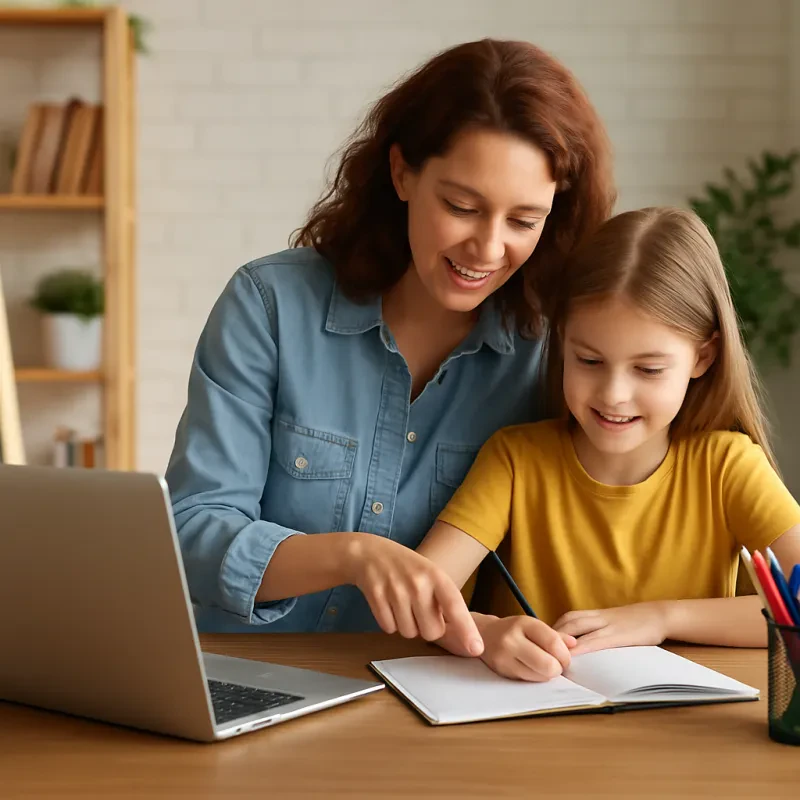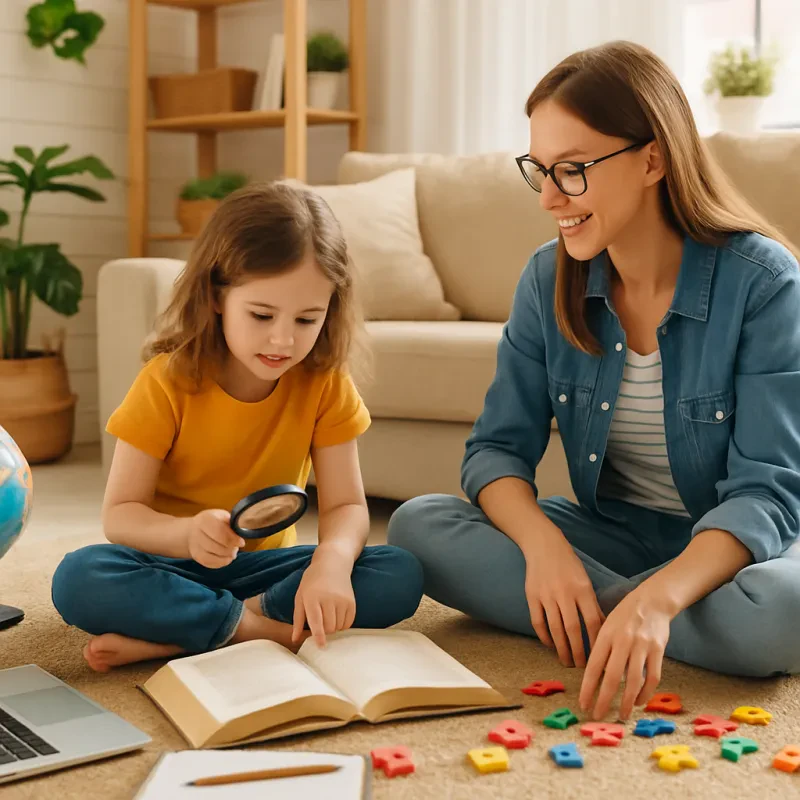Unschooling is all about letting kids learn through their own interests and experiences. Instead of following a strict curriculum typical in traditional education, unschooling encourages kids to explore what excites them. This approach makes learning feel like a natural part of life, rather than a chore. Parents often act as facilitators, providing resources and support rather than dictating what should be learned.
One of the biggest differences between unschooling and traditional education is how learning happens. In traditional settings, kids usually follow a set schedule, attend classes, and take tests. But with unschooling, the child leads the way. They might dive into topics they love, whether that's art, math, science, or even something unusual like video game design. This fosters a genuine love for learning and helps kids develop critical thinking and problem-solving skills.
Unschooling also allows for more flexibility. Families can travel, explore nature, or visit museums on a whim, turning everyday experiences into learning opportunities. This adaptability can make education feel less stressful and more enjoyable for both kids and parents. It's not unusual for unschooled kids to develop talents and interests that might not shine in a traditional classroom setup.
Of course, unschooling isn't for everyone. Some parents find it challenging to let go of the structured approach of traditional education. If you’re trying to figure out the best fit for your family, consider the pros and cons of unschooling vs traditional education carefully. Each family has different needs, and what's right for one might not be for another.
What is Traditional Education Really Like
When you think about traditional education, what comes to mind? For many, it conjures up images of classrooms filled with rows of desks, teachers lecturing at the front, and students taking notes. It can feel pretty structured and routine. Classes usually follow a set schedule, and students may spend hours learning subjects that don't always spark their interest.
In traditional education, grading plays a big role. Students often get report cards that reflect their performance in various subjects. This can lead to a lot of pressure to perform well, which is tough if a student struggles in a particular area. It can feel like a race where everyone is trying to keep up, and not everyone is running the same course.
Socially, traditional schools can be a mixed bag. Some kids thrive in that environment, making friends and enjoying activities. Others might find it overwhelming or difficult to connect with their peers. There's a lot of focus on conformity, and that can push some unique personalities to the sidelines.
When folks talk about "Unschooling vs Traditional Education," it’s clear that traditional setups have their pros and cons. While they offer structure and a curriculum designed to cover a broad range of subjects, they might not cater well to every child's learning style. Every kid is different, and that’s where the debate heats up.
Ultimately, traditional education serves a lot of students well, but it doesn’t fit everyone. Understanding the differences between unschooling and traditional education can help parents make the best choices for their kids. It's all about what works best for each child's interests and learning style.
STEM Educational Weather Station Kit for Kids and Teens
Learn meteorology and science with this engaging STEM educational weather station kit for kids and teens
Product information
Product Review Score
4.57 out of 5 stars
230 reviewsProduct links
Benefits of Unschooling for Your Child
Unschooling brings some fantastic perks for your child that traditional education just can't match. First off, it lets kids learn at their own pace. No more sitting through lessons that move way too fast or way too slow. If your child is passionate about a topic, they can dive deep into it, exploring every detail without feeling rushed. This kind of freedom fuels their curiosity and keeps them motivated.
Another huge benefit is the flexibility it offers. Instead of being tied to a rigid schedule of classes, unschooling allows your child to learn in a way that suits them best. They can choose their learning environment—whether that’s at home, outside, or even while traveling. This flexibility often leads to more hands-on experiences, like visiting museums or engaging in community projects, which are way more fun than traditional classrooms.
Unschooling also encourages independence and critical thinking. Since kids aren’t handed a set curriculum, they learn how to ask questions and find the answers themselves. They develop problem-solving skills that are essential for real life. This kind of self-directed learning prepares them well for challenges down the road, making them more adaptable and resourceful.
Finally, unschooling fosters a strong bond between you and your child. You get to be involved in their learning journey, discovering interests together and creating a positive learning atmosphere. This partnership helps build their confidence and your relationship. When comparing unschooling vs traditional education, consider how these benefits could shape your child’s future in a powerful way.
Melissa & Doug See & Spell Educational Toy
Fun and Engaging Learning Tool for Young Students in Your Homeschool Curriculum
Product information
Product Review Score
4.71 out of 5 stars
75 reviewsProduct links
Choosing the Right Path for Learning
Choosing how your child learns can feel overwhelming, especially when thinking about Unschooling Vs Traditional Education. Each path has its own vibe and benefits. You want to find what suits your family best, and that's totally okay.
Unschooling embraces a relaxed approach. It lets kids chase their interests, explore the world around them, and learn at their own pace. Imagine your child diving deep into something they love, whether it’s art, science, or skateboarding. They get hands-on experience, and that kind of learning stays with them.
On the flip side, traditional education delivers structure. Kids follow a set curriculum that covers various subjects, which can help them build a solid foundation. For some families, having a daily routine makes everything flow a little smoother, and knowing what to expect can be super comforting.
Ultimately, think about your child’s personality and your family’s lifestyle. Do you want to foster independence and self-discovery? Unschooling might be the way to go. But if you value routine and a more standardized approach, traditional education could fit better. No path is wrong—just different.

